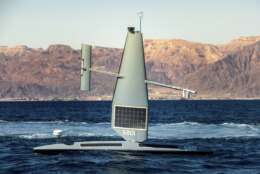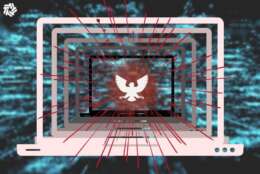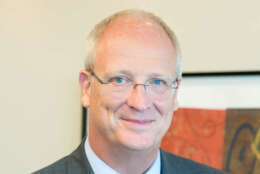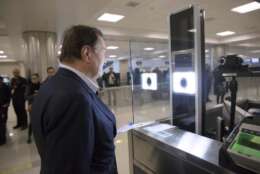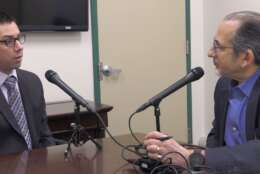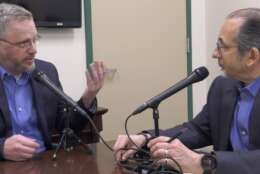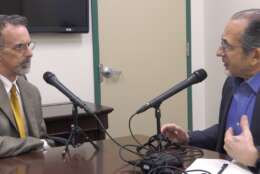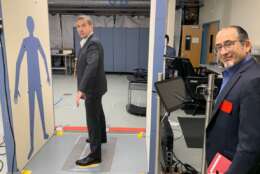Automation
-
Shane Barney, the chief information security officer at USCIS, and Miguel Adams, the Millennium Challenge Corporation’s CISO, both say the need to educate and train the business customers on zero trust is important to their agency’s success.
April 07, 2023 -
The Navy's expansion of unmanned systems follows experimentation work it's been conducting in the Middle East, where it's combined drones with sensors connected together in a resilient mesh network.
April 05, 2023 -
Dave Lago, a product manager for DISA's Hosting and Compute Center, said the Vulcan tool set includes several commercial software capabilities to help DoD modernize software.
March 24, 2023 -
A whole new world is coming to the federal government: a virtual world. Thanks to advancements in artificial intelligence, the internet of things, 5G, and more, augmented and virtual reality — commonly called "extended reality" (XR) — is transforming how agencies deliver services, train warfighters, conduct operations in the field, and operate remotely.
March 08, 2023 -
On this episode of Accelerating Government, host Dave Wennergren and his guests discuss technology efforts that are supporting the government's climate change initiatives.
March 01, 2023 -
The results from the “2022 Biometric Technology Rally” could inform the way forward for TSA and other government agencies as they increasingly adopt facial recognition systems, despite concerns from lawmakers.
February 24, 2023 -
The past year has seen countless headlines about how tech and retail behemoths are making enormous investments in the metaverse.
February 23, 2023 -
Airport security screening is in large measure a function of detection of objects and materials. A recurring challenge comes from non-commercial explosives — dangerous substances cooked up by criminals for unknown reasons.
February 17, 2023 -
The VA needs to keep breaking new records for claims processed, if it hopes to keep pace with a workload surge under the burn-pit toxic exposure legislation signed into law last summer.
February 17, 2023 -
The Transportation Security Administration (TSA) is constantly generating new screening requirements, equipment that can sense or detect something and sound an alarm if need be. It falls to the Homeland Security Department's Transportation Security Laboratory (TSL), operated by the Science and Technology Directorate, to work with TSA and potential vendors to evaluate-and-test a particular technology.
February 16, 2023 -
Luggage and passenger screening is a complicated applied science. An idea has to be verified before it can be built into prototype equipment for testing and eventual production.
February 15, 2023 -
DCSA is reducing rates by 18% in fiscal 2024, amid the governmentwide shift to continuous vetting.
February 14, 2023 -
Risk comes in many different forms in today’s digital world. All organizations must manage the growing business risks associated with a dynamic and complex attack surface and cybersecurity threats.
February 14, 2023 -
Easy passwords like "Password 1 2 3 4." Multiple people with the same password. Inactive user accounts not closed. One-factor authentication. No password expiration.
February 14, 2023 -
In a plain-looking warehouse at the out-of-the-way Atlantic City Airport, you'll find one of the nation's most important research labs.
February 14, 2023


